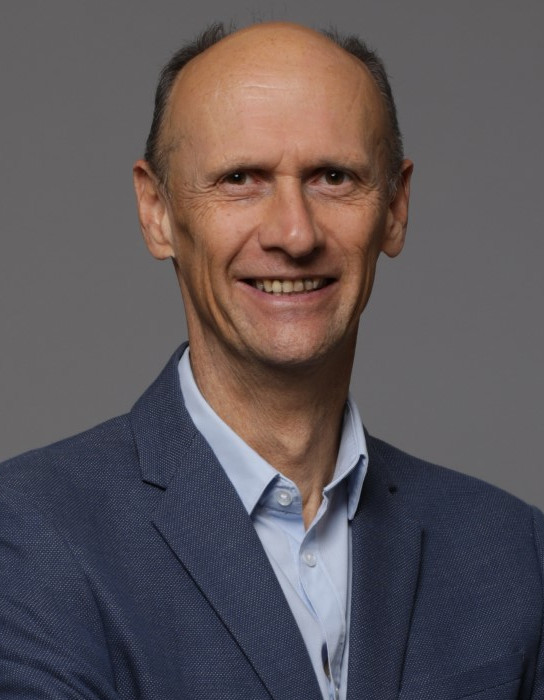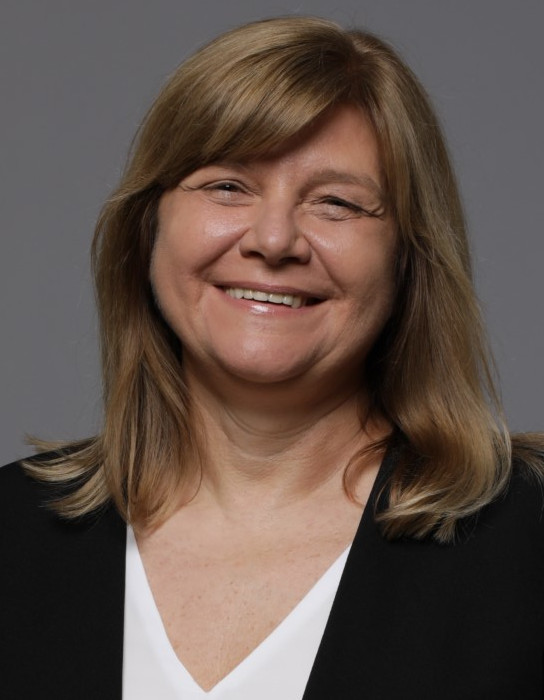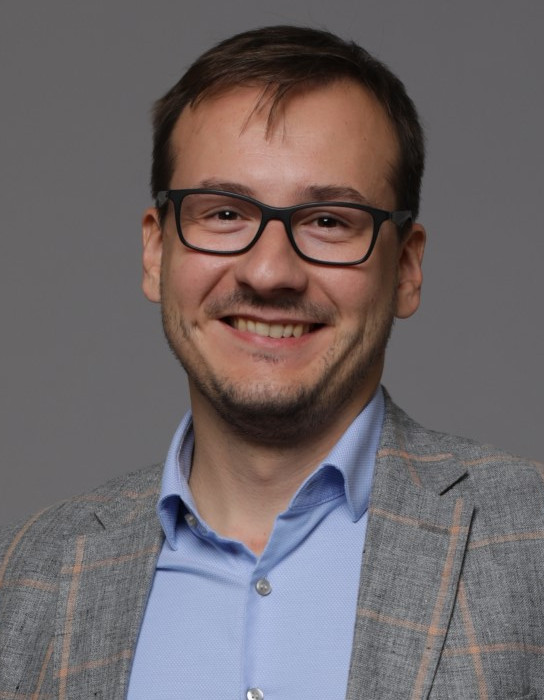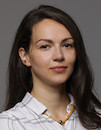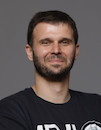Laboratory of Information Processing 1
Lecturers
Laboratory exercises
Course Description
Study Programmes
University graduate
General Competencies
The course offers students opportunity to program, simulate and verify basic information processing algorithms for signals, images, video, text, and other types of information. For this purpose, they will use Matlab programming environment and other languages. Also, they will be able to individually investigate real-time implementation of these algorithms. Furthermore, students will gain knowledge in modeling and simulation of random processes . They will be able to estimate mean, variance, and power spectrum from experimental data. Depending on their profile the students will gain knowledge in the area of communication protocols or advanced algorithms and data structures for information processing applications, pattern recognition, and video communication technologies. Work in the laboratory is supplemented with self study hours that students spend at home by solving exercises and writing Matlab programs as a preparation for the next laboratory session.
Learning Outcomes
- explain elements of practical methods for information processing
- analyze the given practical problem of information processing
- breakdown a practical problem of information processing
- combine acquired knowledge and propose a solution to the given problem
- design a new solution to the given problem
- evaluate a practical solution of the developed solution to an information processing problem
Forms of Teaching
--
Laboratory Work--
Grading Method
| Continuous Assessment | Exam | |||||
|---|---|---|---|---|---|---|
| Type | Threshold | Percent of Grade | Threshold | Percent of Grade | ||
| Laboratory Exercises | 50 % | 100 % | 50 % | 100 % | ||
Week by Week Schedule
- Introduction to Information Processing Laboratory. Students choose three out of six
- Topic: Digital Signal Processing. Realization of digital signal processing algorithms in MATLAB and practical experiments using digital signal processing evaluation systems.
- Topic: Stochastic processes. Modeling and simulation of random processes using MATLAB. Estimation of mean, variance, and power spectrum from experimental data. Design of Wiener and matched filter, as well as optimum scalar quantizer.
- Topic: Communication protocols. Application of theoretical concepts of communication protocols to information processing systems.
- Topic: Advanced algorithms and data structures. Practical exercises demonstrating advanced algorithms and data structures for realization of information processing software implementations.
- Topic: Videocommunication technologies. Practical examples and projects demonstrating videocommunication technologies and video processing methods. Video signal characteristics. Component and composite video signals. Video signal analog to digital conversion. Video signal sampling formats. Statistical and frequency image properties. MPEG-2 and H.264/AVC video coding. Image compression using discrete wavelet transform (DWT). Simulation Model for the Evaluation of DVB-T System Parameters.
- Topic: Pattern Recognition. Students work on projects related to implementation of pattern recognition methods with applications in analysis and classification of signals, images, speech, video, and other types of information.
- Midterm exam.
- Project work on selected topics.
- Project work on selected topics.
- Project work on selected topics.
- Project work on selected topics.
- Project work on selected topics.
- Project work on selected topics.
- Project presentations.


 Pristupačnost
Pristupačnost